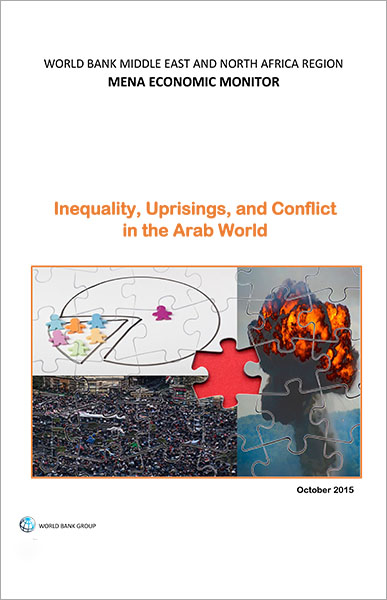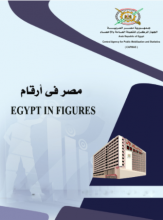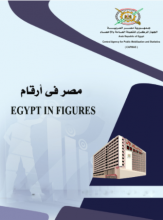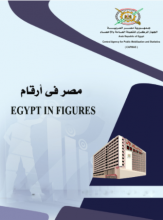Macroeconomy

The short-term prospects for a growth recovery in the Middle East and North Africa (MENA) are slim in the context of low oil prices and conflict escalation. Regional GDP growth, estimated at around 2.8 percent in 2015, will remain weak if current circumstances persist. In fact, since the Arab Spring, the region has seen a growth slowdown and a rise in the incidence of civil wars. This report explores how the region got to this state. It examines whether inequality or other factors contributed to the Arab Spring uprisings as well as to the ensuing conflicts. The report concludes that expenditure inequality, which was relatively low and declining, could not been a major factor in triggering the Arab Spring events, although wealth disparities, which are typically higher, could have been. Instead, we find that ordinary people, especially the middle class, were frustrated by the decline in their standards of living, related to the shortage of quality jobs, the poor quality of public services and lack of government accountability. The report also explores whether inequality played a role in the increase in the incidence of violence after the Arab Spring and finds suggestive evidence that intergroup inequality, rather than monetary inequality, contributed to the escalation of conflict.
View PDF
Related Topics
-
Egypt in Figures - Population 2022
2022"Egypt in Figures" is a booklet issued each year by the Central Agency for Public Mobilization and Statistics (CAPMAS). It contains the most...Read More -
Egypt in Figures - Education 2022
2022"Egypt in Figures" is a booklet issued each year by the Central Agency for Public Mobilization and Statistics (CAPMAS). It contains the most...Read More -
Egypt in Figures - Economy 2022
2022"Egypt in Figures" is a booklet issued each year by the Central Agency for Public Mobilization and Statistics (CAPMAS). It contains the most...Read More


